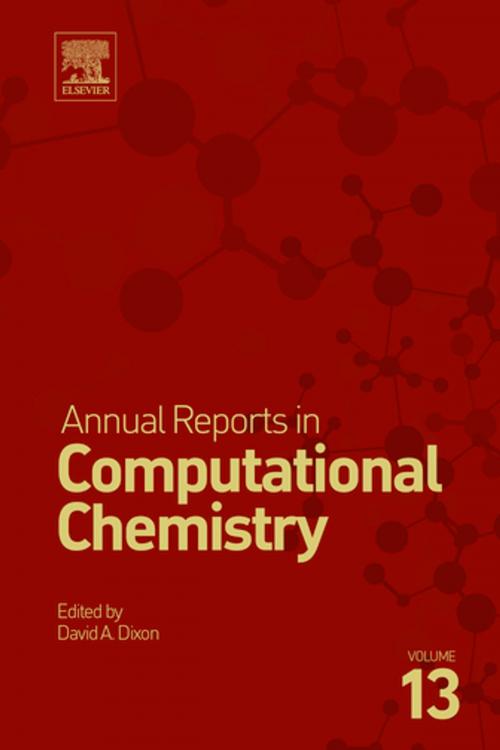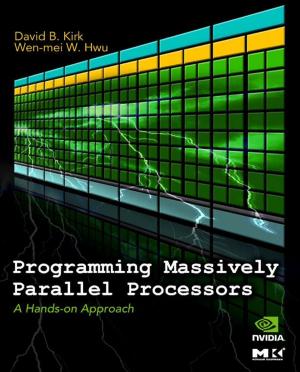Annual Reports in Computational Chemistry
Nonfiction, Science & Nature, Science, Chemistry, Analytic, General Chemistry| Author: | David A. Dixon | ISBN: | 9780444639448 |
| Publisher: | Elsevier Science | Publication: | August 24, 2017 |
| Imprint: | Elsevier | Language: | English |
| Author: | David A. Dixon |
| ISBN: | 9780444639448 |
| Publisher: | Elsevier Science |
| Publication: | August 24, 2017 |
| Imprint: | Elsevier |
| Language: | English |
Annual Reports in Computational Chemistry, Volume 13 provides timely and critical reviews of important topics in computational chemistry. Topics in this new release include chapters on the Quantum Chemical Model for Molecular Properties and Processes at the Extreme High Pressure, a section on Interpreting Bonding and Spectra with Correlated, One-Electron Concepts from Electron Propagator Theory, Benchmark databases of intermolecular interaction energies: design, construction, and significance, Gaussian Accelerated Molecular Dynamics: Theory, Implementation and Applications, and Dissociation in Binary Acid/Base Clusters: An Examination of Inconsistencies Introduced into the Many-Body Expansion by Naive Fragmentation Schemes.
Topics covered in this series include quantum chemistry, molecular mechanics, force fields, chemical education, and applications in academic and industrial settings. Focusing on the most recent literature and advances in the field, each article covers a specific topic of importance to computational chemists.
- Includes timely discussions on quantum chemistry and molecular mechanics
- Covers force fields, chemical education and more
- Presents the latest in chemical education and applications in both academic and industrial settings
Annual Reports in Computational Chemistry, Volume 13 provides timely and critical reviews of important topics in computational chemistry. Topics in this new release include chapters on the Quantum Chemical Model for Molecular Properties and Processes at the Extreme High Pressure, a section on Interpreting Bonding and Spectra with Correlated, One-Electron Concepts from Electron Propagator Theory, Benchmark databases of intermolecular interaction energies: design, construction, and significance, Gaussian Accelerated Molecular Dynamics: Theory, Implementation and Applications, and Dissociation in Binary Acid/Base Clusters: An Examination of Inconsistencies Introduced into the Many-Body Expansion by Naive Fragmentation Schemes.
Topics covered in this series include quantum chemistry, molecular mechanics, force fields, chemical education, and applications in academic and industrial settings. Focusing on the most recent literature and advances in the field, each article covers a specific topic of importance to computational chemists.
- Includes timely discussions on quantum chemistry and molecular mechanics
- Covers force fields, chemical education and more
- Presents the latest in chemical education and applications in both academic and industrial settings















